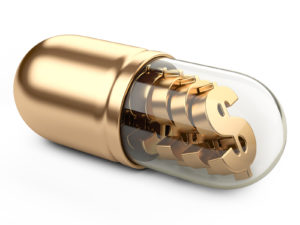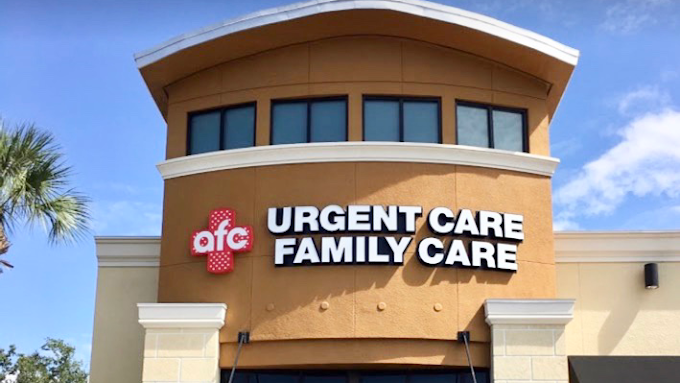How You Can Get Your Bills Paid
If you have recently been injured in a Pennsylvania car accident, you may have many questions. Initially, your questions will likely focus on your injuries. Will I ever feel “normal” again? When can I leave the hospital? When can I go back to work?
Once you’ve started to heal, other questions start to creep into your mind. Perhaps the most common question is, “How am I going to pay all these medical bills?”
Who Is Responsible for My Medical Bills?
 If you were involved in a Pennsylvania car accident and another person was at fault, their insurance company should eventually cover all your medical expenses. However, the key words here are “eventually” and “should.” Read our blog to learn the process if the other driver doesn’t have insurance.
If you were involved in a Pennsylvania car accident and another person was at fault, their insurance company should eventually cover all your medical expenses. However, the key words here are “eventually” and “should.” Read our blog to learn the process if the other driver doesn’t have insurance.
The other driver’s insurance company isn’t going to pay your doctor directly and will not allow you to submit claims for reimbursement. The insurance company must first agree to pay them, and that is not something that they will do without being convinced they have to.
Insurance companies are for-profit corporations. To keep the business going, they rely on collecting more money each month from policyholders than they pay out to accident victims. That being the case, insurance companies often try to take advantage of accident victims by approaching them at a time of desperation, offering to settle the case.
The offer of getting money now may seem tempting when you are facing increasing medical expenses. However, these initial settlement offers are rarely worth considering for most accident victims, and there are other options.
In an accident that occurs in Pennsylvania, a no-fault state, your own auto insurance company is typically the party immediately responsible for your medical bills. You receive benefits through the personal injury protection (PIP) portion of your insurance policy. Your auto insurer only covers medical expenses up to the PIP coverage limits you selected when you purchased the policy, and you will need to pay some of the costs through deductibles and copayments.
What if you’re not covered by any auto insurance policy? If you have private health insurance, Medicaid, or Medicare, your health insurance policy should cover your medical costs. You just submit your medical bills to your insurer, and it will pay the bills. If the other party’s insurance company later agrees to pay your expenses (or is forced to through a Pennsylvania personal injury lawsuit), your insurance company can then collect that money from the other party’s insurance company.
If you do not have health insurance or car insurance that will cover your injuries, you can reach out to Console & Associates for assistance. We can put you in touch with medical professionals who will get you the treatment you need and agree to wait to receive compensation until the case is settled. Of course, this may require lengthy settlement negotiations or even taking the case to trial.
The recovery process after an accident is not always straightforward. How do I know who is at fault? What if i’m partly at fault? However, it is essential that you understand how it works. If you have questions about how to you’re your medical bills paid, the lawyers at Console & Associates can help.
How Much Will My Medical Bills Be?
Every accident is different. However, the Centers for Disease Control (CDC) keeps track of all accidents and makes their findings publicly available. According to the most recent data, about three million people are injured in car accidents each year. On average, the cost of an emergency room visit is roughly $3,300, and the cost of an in-patient hospital stay is approximately $57,000.
The CDC also provides an age-based estimate of the total cost of car accidents, measured by medical expenses and lost productivity:
-
0 to 14 years old: $1.1 billion
-
15 to 29 years old: $6.5 billion
-
30 to 49 years old: $5 billion
-
50 to 69 years old: $3.8 billion
-
70 and older: $2 billion
© 2020 by Console and Associates. All rights reserved.National Law Review, Volume XI, Number 19







